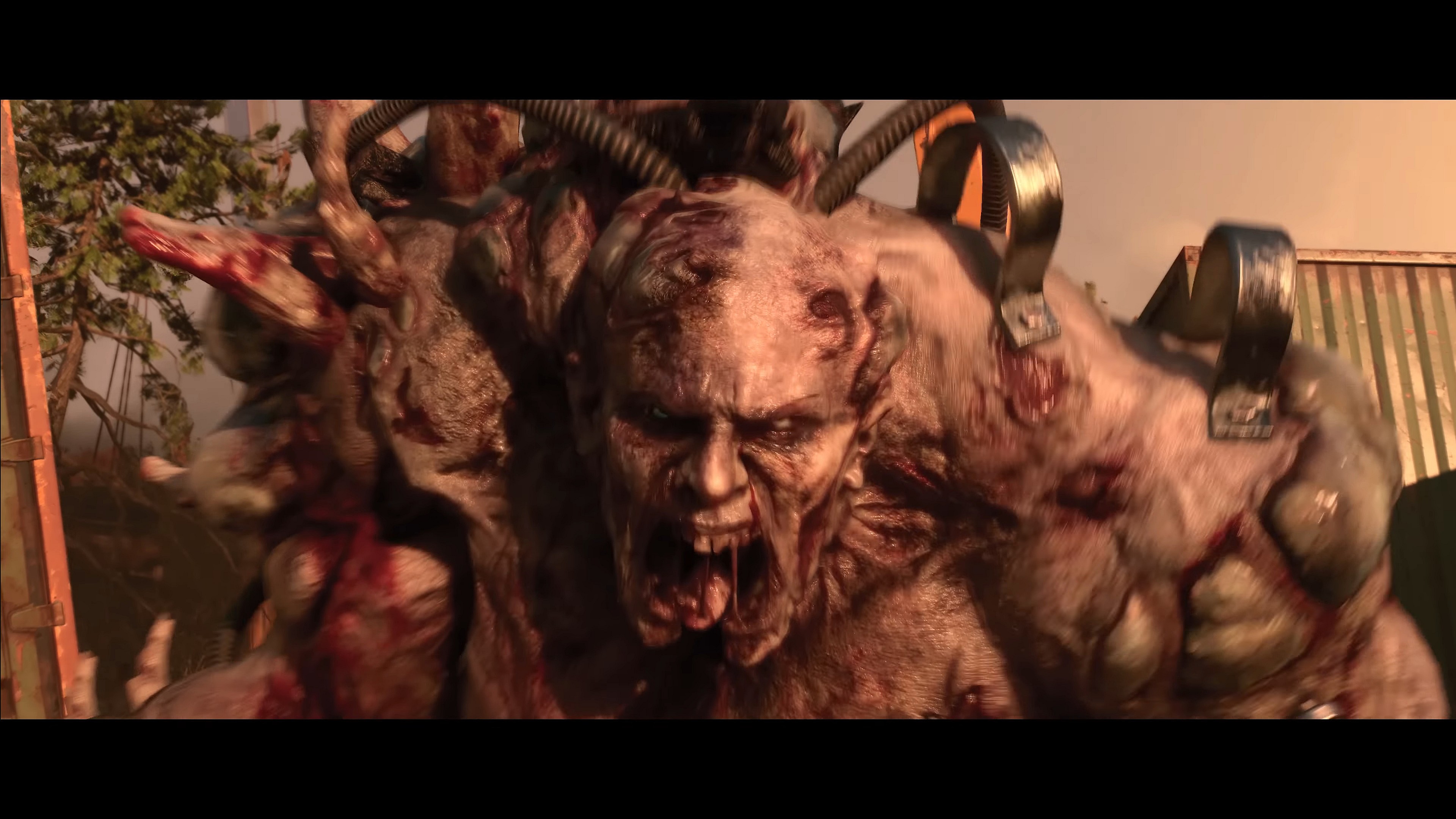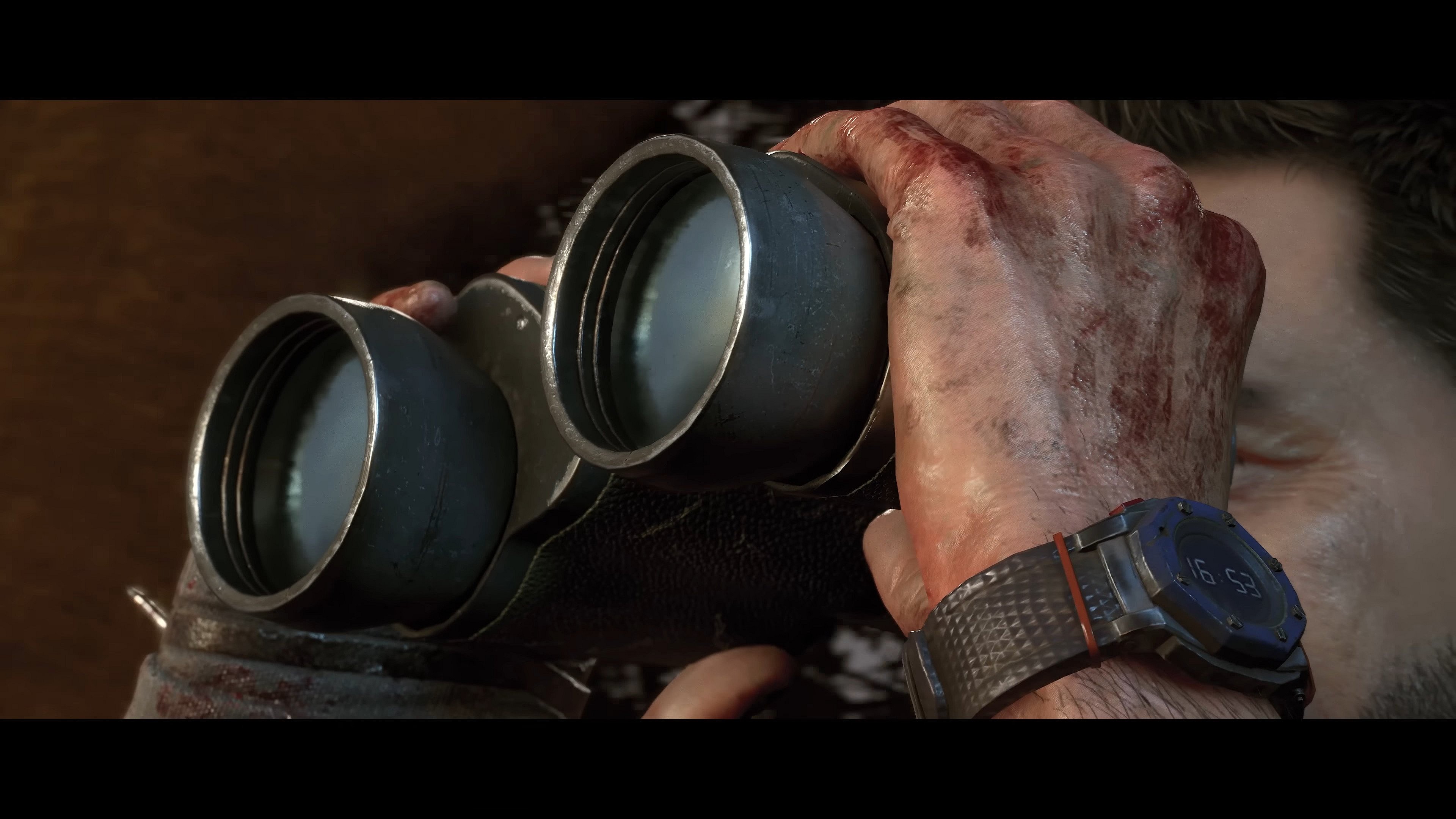‘Dying Light’ Franchise Director Says Video Games Getting “Bigger” Is A Major Industry Problem: “You Have 500 People Working On A Game For Five Years, And In The End It Might Actually Not Be That Successful”

In the opinion of Dying Light franchise director Tymon Smektała, one of the biggest issues currently facing his industry is that, simply put, video games have just gotten too big for their own good.

RELATED: Firewalk Studios Dev Reveals Insane ‘Concord’ Dev Time, Says Game Took “Around 8 Years” To Make
Smektała offered his thoughts on the subject while speaking to Gamesindustry.biz Editor-in-Chief James Batchelor in promotion of the upcoming Dying Light: The Beast.
Speaking to how The Beast continues a growing industry trend of studios choosing to develop shorter stand-alone titles in addition to their bigger franchise outings (see Insomniac’s Marvel’s Spider-Man: Miles Morales or Ubisoft’s Assassin’s Creed Mirage), the director explained that while this change could be explained by looking at the current industry landscape from two distinct perspectives.
“”The first one is the perspective of the player,” Smektała explained. “I understand that for many players there is a [fascination] about the number of hours the game offers. But then as players get older, as the world around us gets more and more intense, and as we have lots of things that steal our attention, if you have a game that you have to play for 50 to 100 hours to complete, it’s really difficult to find time for that, right?”
“For me personally, it started changing around the time of Assassin’s Creed Origins and Odyssey,” he added. “They were so long — I’m a super hardcore, dedicated Assassin’s Creed fan, but when I realized I have played Odyssey for 100 hours and I’m not even finished it…With real life happening around you, it’s very, very hard to get that commitment.”

Continuing, Smektała next asserted, “From the developer perspective, some of the problems that the industry faces right now is that games get bigger and bigger.
“They have bigger budgets, they take more time to produce,” he told Batchelor. “You have 500 people working on a game for five years, and in the end it might actually not be that successful.”
“So for developers I think there’s also some kind of an allure in spending less time, less money, less people on creating something that players will like,” the director added. “It gives you those shorter development cycles, and also the ability to try different things.”

Ultimately pressed by his host as to why, if his above perspectives were both as widely-held as he believed, the overall industry wasn’t making a general turn towards shorter games, Smektała concluded, “There’s some kind of inertia in the industry and that [obsession] about the number of hours a game can offer.”
“I think it’s actually something that we’ll see more of because the industry will see this as another way they can offer meaningful interactive entertainment to players,” he added. “This might be a part of the future of games in general.”

To speak candidly for a moment: As someone who regularly plays video games, he’s right.
In recent years, too many developers have come to conflate ‘length’ with ‘quality’, in doing so choosing to wrap their core experiences in hours of repetitive fetch quests, boring ‘map unlock’ journeys, and unsatisfying gear systems rather than letting players enjoy the game and move on.
At the end of the day, it’s true that a game’s length has no bearing on its quality (after all, just look at Yakuza 0).
However, in an era where budgets are too high, dev cycles are too long, and enjoyment is dwindling, perhaps some studios (cough Ubisoft cough) would do well to refocus their time on attention on making a good game rather than a long one.

Presently, Dying Light: The Beast does not have a confirmed release date.
